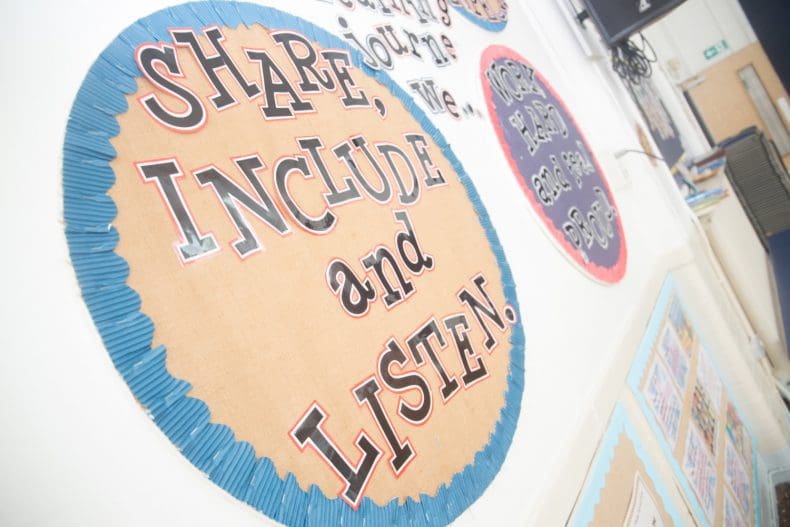
Subject Leader: Miss Jones
“Multi-cultural and multi-religious education, education in non-violence, and education in spiritual value is essential in the world. If this education is given, we can avoid many future disasters.” Gurudev Sri Sri Ravi Shankar
What will our children learn and why?
At Allanson Street Primary School, our Religious Education curriculum is taught in accordance with the Lancashire Agreed Syllabus, ‘Search for Meaning’. We aim to provide our children with an inclusive, knowledge rich curriculum which promotes their spiritual, social, moral, and cultural development and prepares them for life in our increasingly diverse society.
At the centre of the Lancashire Syllabus is the enquiry to understand, ‘What does it mean to be human?’. We believe that Religious Education should ensure children: acquire and develop their knowledge of world religions and world views; to appreciate and respect how they shape our lives and behaviour and to enable them to make reasoned and informed decisions about religious and moral issues. Our children need to acquire the necessary knowledge and skills to make sense of the complex world in which they live so that they can ‘respect religious and cultural differences and contribute to a cohesive and compassionate society’ (RE Review 2013).
How will we ensure that our children leave us equipped with the knowledge and skills needed to flourish in the next stage of their learning journey and beyond?
Our RE curriculum has been mapped from EYFS to Year 6 to ensure that our children receive a broad, balanced, and progressive curriculum.
Religious Education is an important part of learning in EYFS as it is incorporated in everyday learning through Understanding of the World – People, Culture and Communities. The RE aspects of the children’s work relate to the objectives set out in the Development Matters Framework.
In Key Stages One and Two, our Religious Education curriculum is based on the Local Authority’s agreed syllabus and is delivered following the Lancashire Field of Enquiry. This allows us to fulfil the aims of the syllabus and support children’s search for personal meaning, as they explore what it means to be human. Religious Education is taught as an independent subject once a week across three half terms. It is planned to ensure a rich education where children develop a broad knowledge of the six main religions and world views, allowing them to make links across concepts and topics. Each RE lesson across both key stages, is delivered using the same sequence of ‘Prior Learning’, ‘New Learning’ and ‘Reflection’. Lessons are organised in this way to enable children to continuously build and revisit knowledge, ensuring that it is retained and stored in their long-term memory.
Our curriculum explores six world religions and views. They are: Christianity, Islam, Hinduism, Judaism, Sikhism and Buddhism. Each unit of work is split into four key areas: Shared Human Experiences, Living Religious Traditions, Beliefs and Values and The Search for Personal Meaning.
Each year group is provided with an enquiry question for the year, and then each unit has a key question which aims to provide support to answer to the yearly question. The yearly questions for each year group are:
EYFS: Why are some things special?
Year 1: What do people say about God?
Year 2: How do we respond to the things that really matter?
Year 3: Who should we follow?
Year 4: How should we live our lives?
Year 5: Where do we find guidance about how to live our lives?
Year 6: Is life like a journey?
Our knowledge organisers are used to support the learning of the current RE unit and detail the essential information that children should know by the end of the unit. It is also used as a tool to support children in retaining and retrieving information for lifelong learning.
Educational visits are a key part of our RE curriculum and we have developed close links with the local church, St. Peter’s. We visit the church regularly to learn more about Christianity and invite representatives from the church into school to deliver workshops that bring the children’s learning to life.
How will our Religious Education curriculum make a difference for our children?
We believe our children will:
- Have enjoyed learning about different religions, therefore encouraging them to be open to new life experiences now and in the future.
- Develop their religious knowledge, skills, and vocabulary to help them to show acceptance for the beliefs and values of others and engage respectfully in discussions – expressing balanced and informed opinions about their own and other’s beliefs.
- Develop their knowledge, skills and understanding progressively as they move through school, not only to enable them to meet the requirements of the syllabus, but to prepare them to become competent theologists in secondary education and for life as an adult in the wider world.
- Gain the confidence to take part in discussions, rooted in a secure knowledge and understanding of current issues in society.
- Engage with life in a complex world and make informed decisions and choices about their own beliefs and morals.
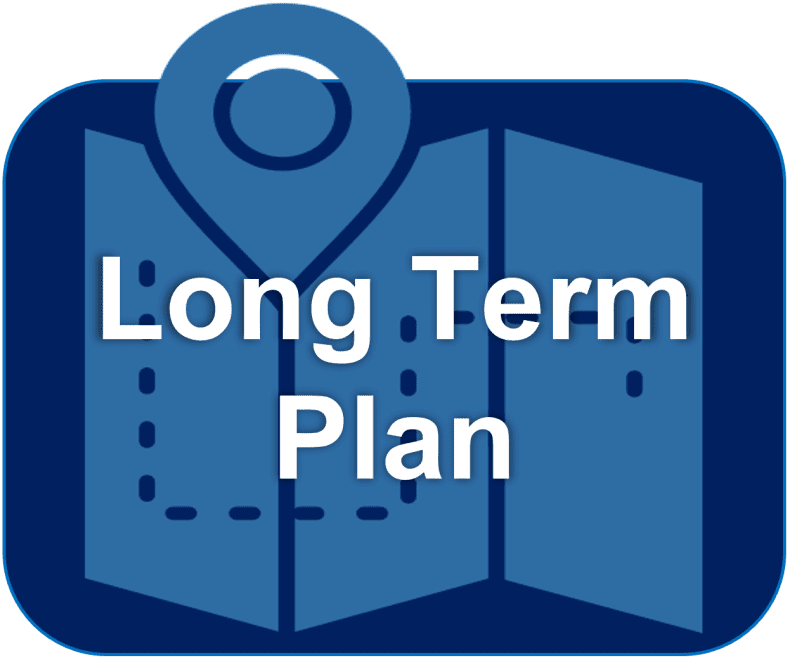 |
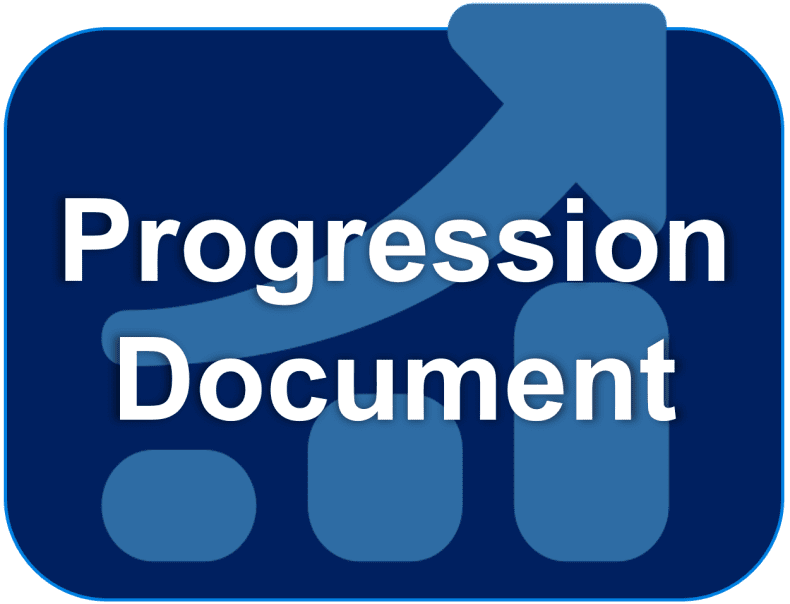 |
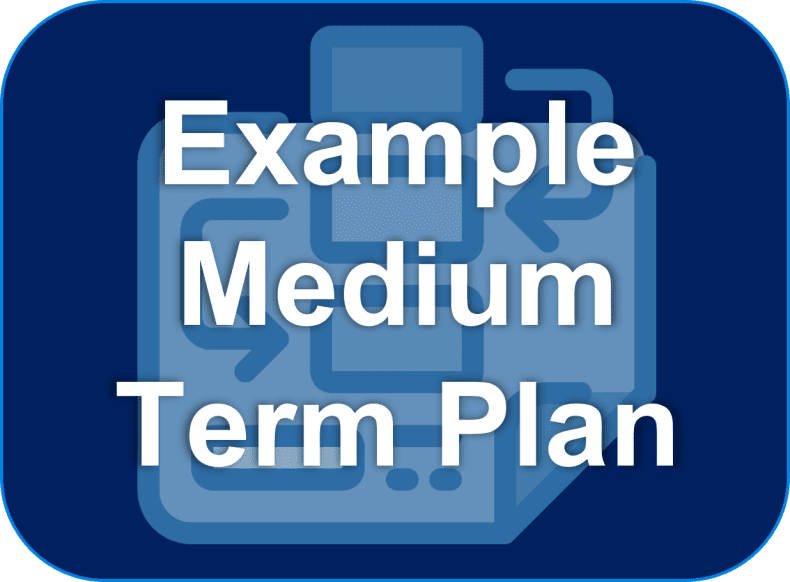 |
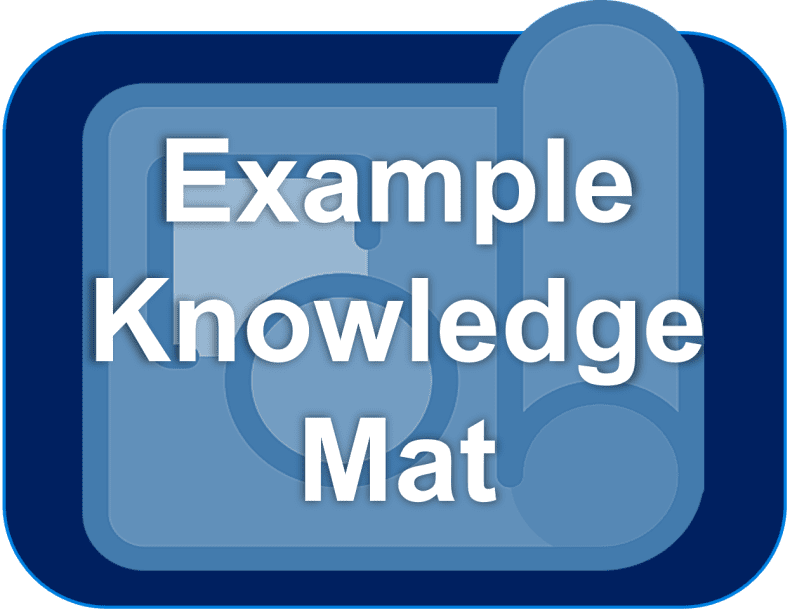 |
*Image Acknowledgements: icons8.com, www.iconfinder.com, john-thomas-KDgylqBhijE-unsplash.jpg


